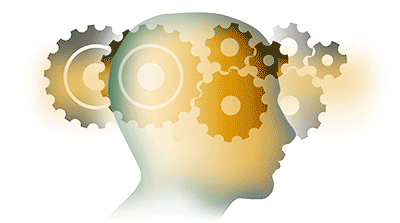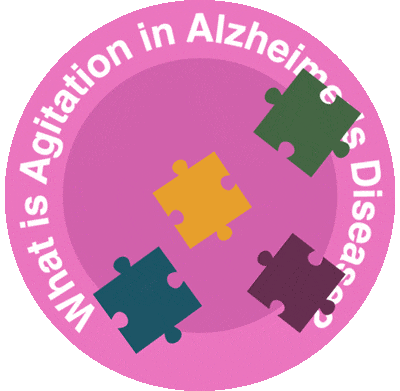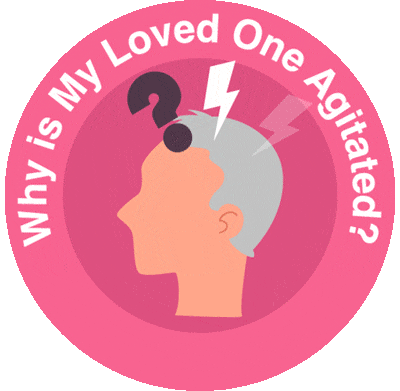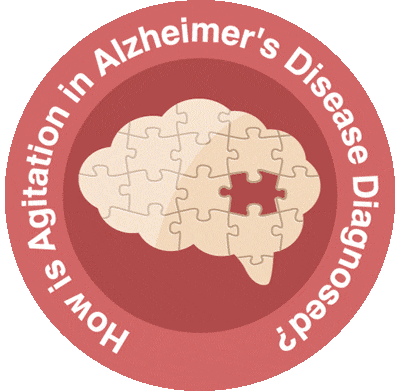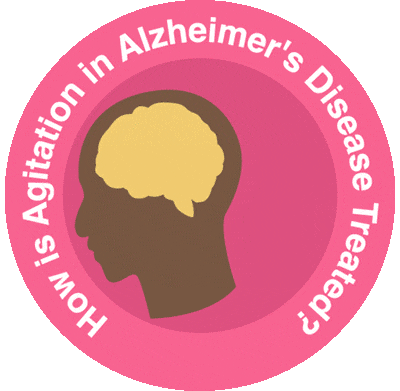
Frequently Asked Questions
Changes in the brain that affect chemicals responsible for mood cause the agitation.
There are things you can do to reduce the frequency and severity of episodes of agitation, including:
- Playing music
- Ensuring your loved one gets enough sleep
- Creating a calm environment, including warm lights, cozy blankets, quiet music, and soothing aromatherapy with lavender
- Physical activity and fresh air
- Mental stimulation with games and exercises to improve or maintain memory and communication
- Finding tasks that they can still do, like folding towels
- Creating meaningful activities, such as going for a walk
- Simplifying tasks and establishing structured routines
- Simplifying the environment to reduce distractions and improve safety
- Providing opportunities for socialization
The best specialist is a geriatric psychiatrist, whose focus is the emotional and behavioral conditions of older adults
- Could anything other than dementia be causing the agitation?
- Why are you prescribing this medication?
- What are the side effects of the medication?
- How can I reduce agitation episodes?
- How can I keep them and me safe?
- What support resources are available?
Caring for someone with Alzheimer’s requires a multidisciplinary team of a primary care physician, geriatrician, geriatric psychiatrist, social worker, and others. Together, they can help you come up with a plan.
Agitation is strongly associated with caregiver stress and depression.1 The best thing you can do to avoid burning out yourself is find support. That could be other family members to take shifts so you can have time to yourself; support groups through the Alzheimer’s Association and other organizations; and stress-relieving options like meditation and exercise.2
References
- Pinyopornpanish K, Soontornpun A, Wongpakaran T, et al. Impact of behavioral and psychological symptoms of Alzheimer’s disease on caregiver outcomes. Sci Rep. 2022;12:14138 (2022).
- NIA. Alzheimer’s caregiving: Caring for yourself. 2017 (www.nia.nih.gov/health/alzheimers-caregiving-caring-yourself). Accessed 11/2/23.
